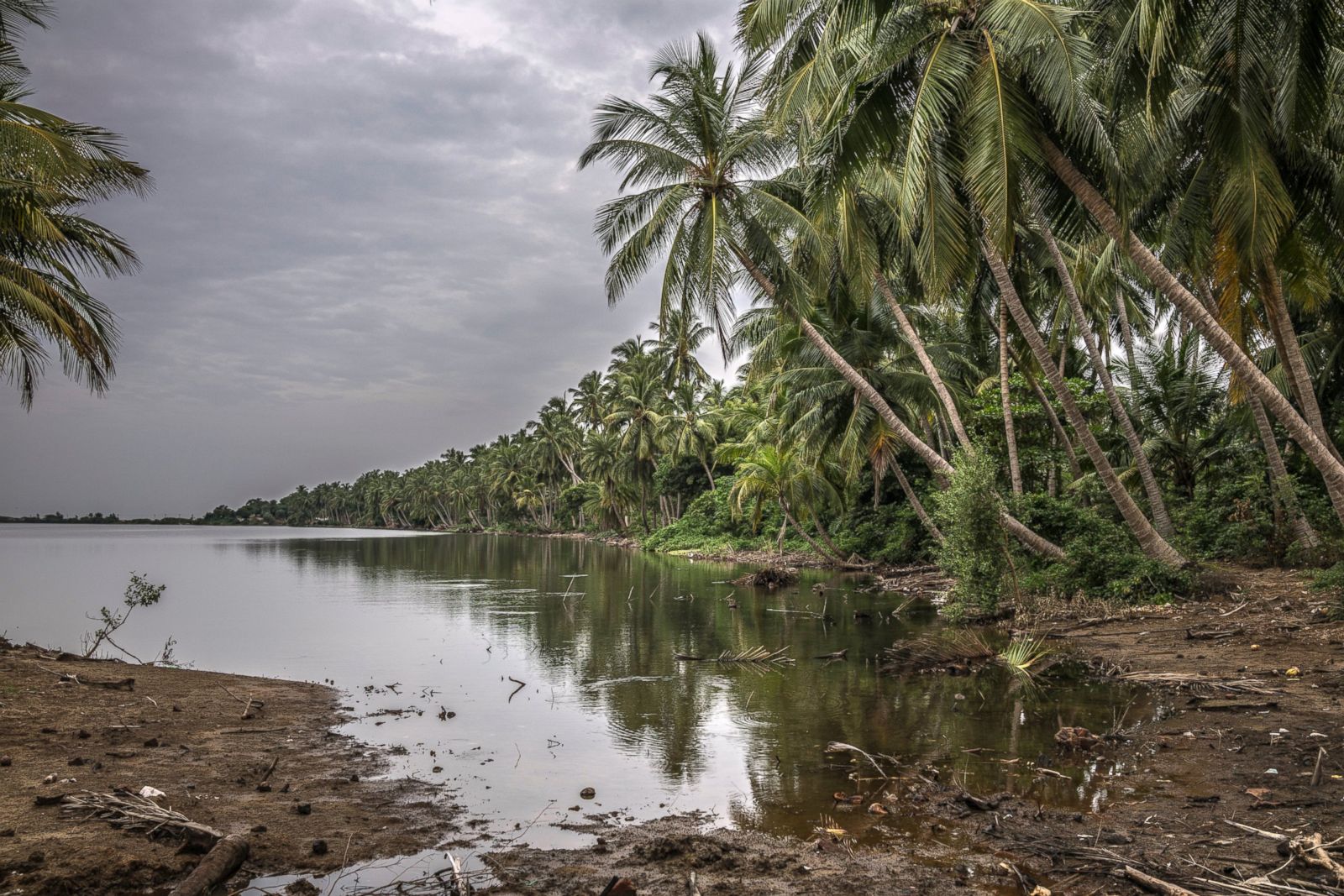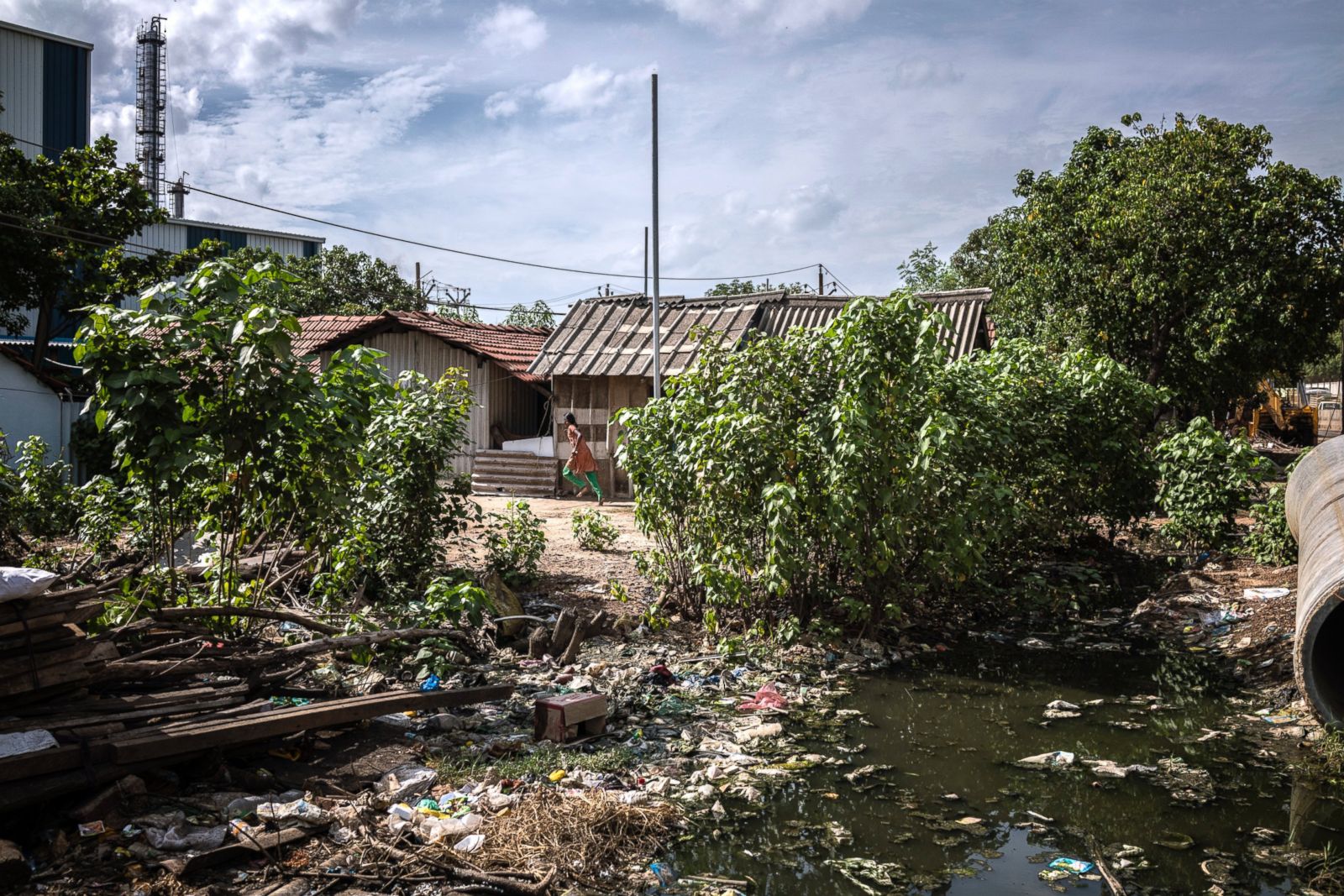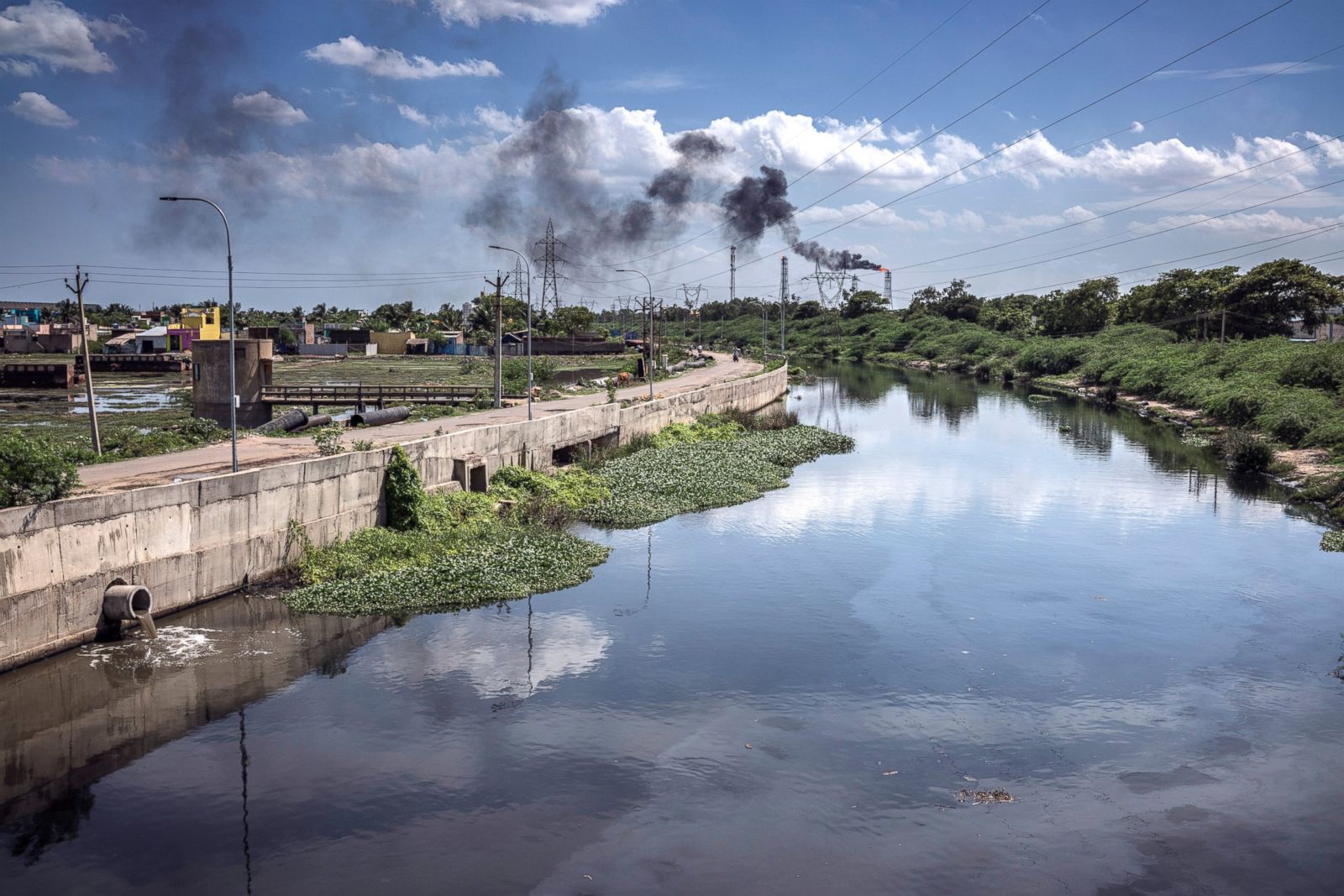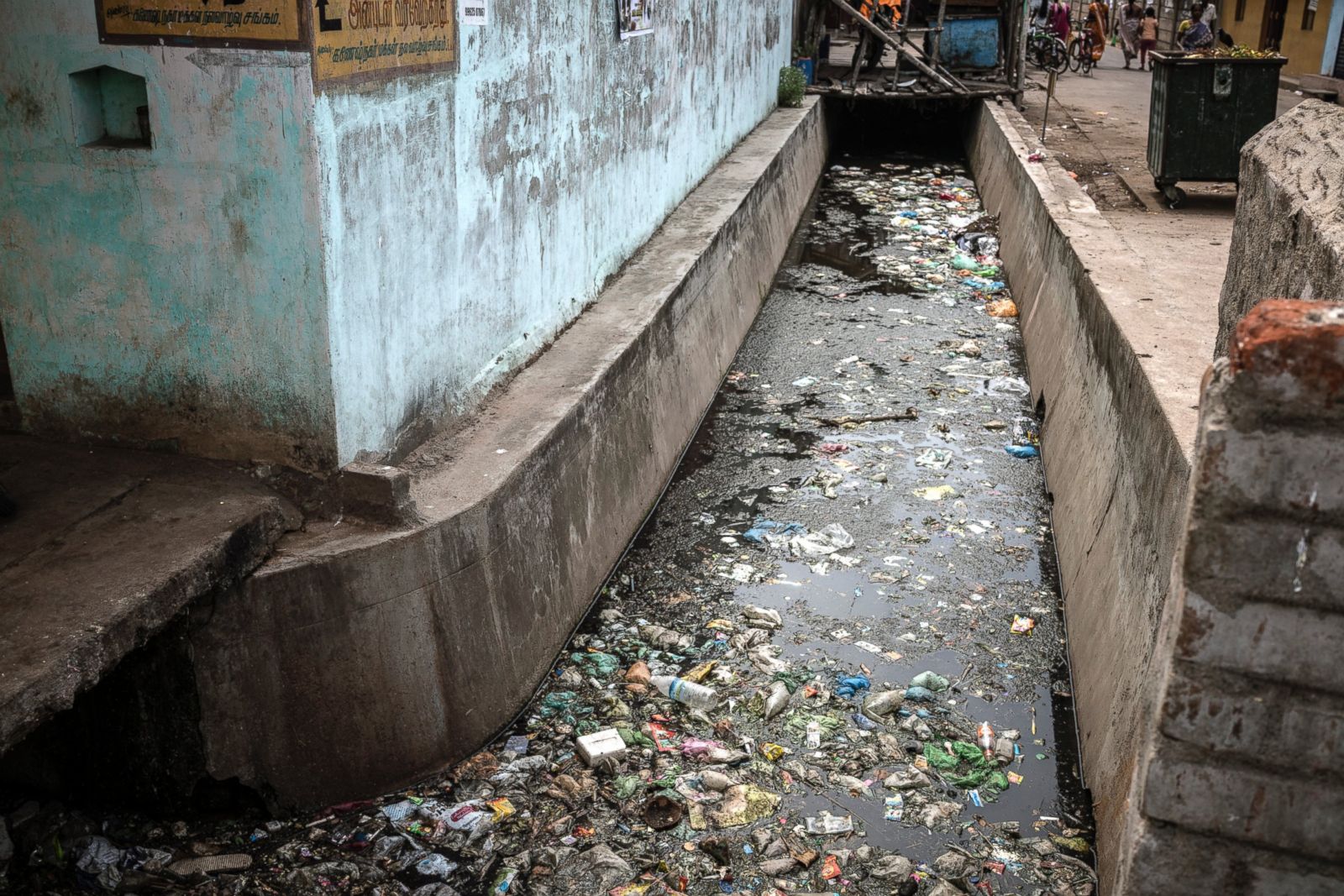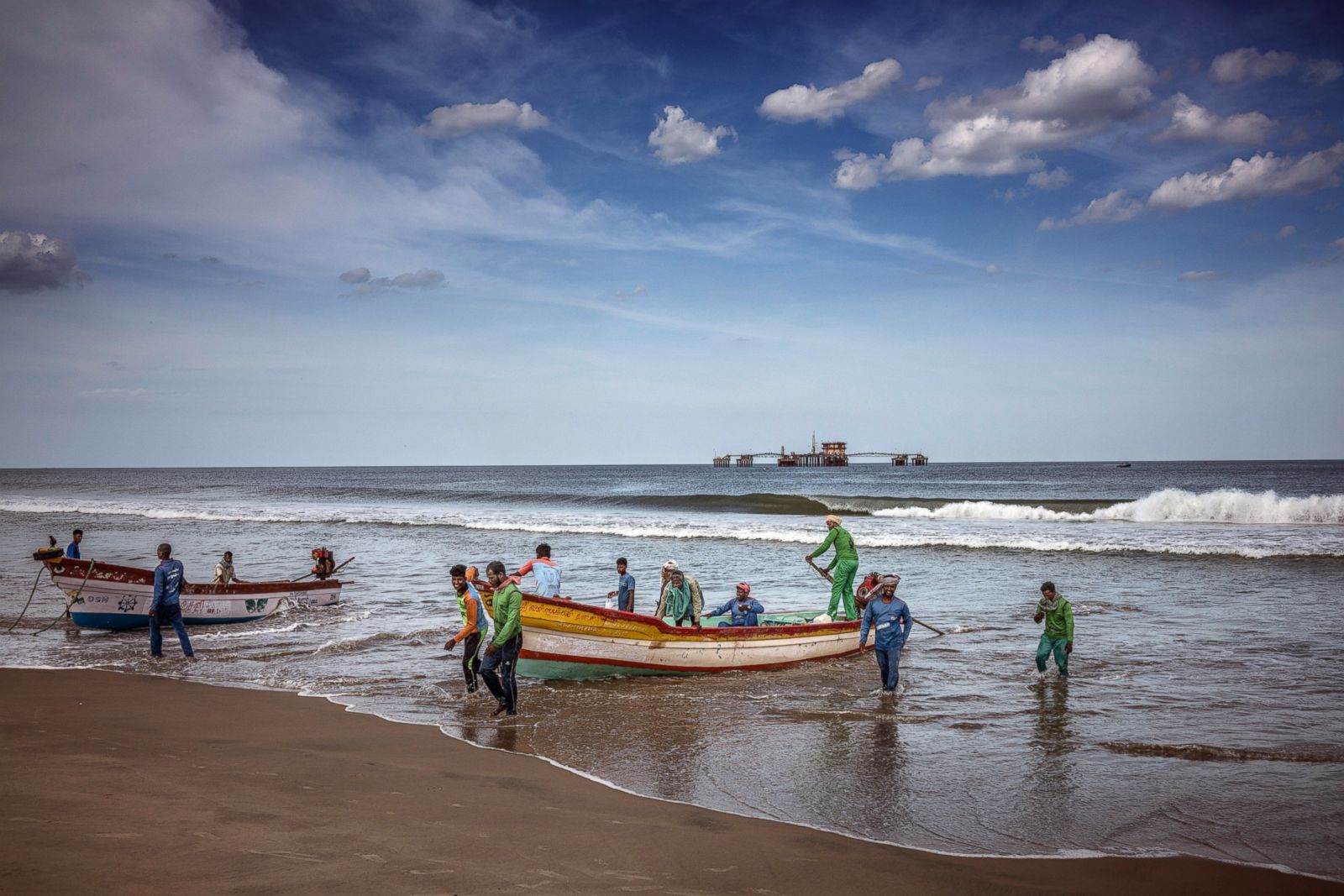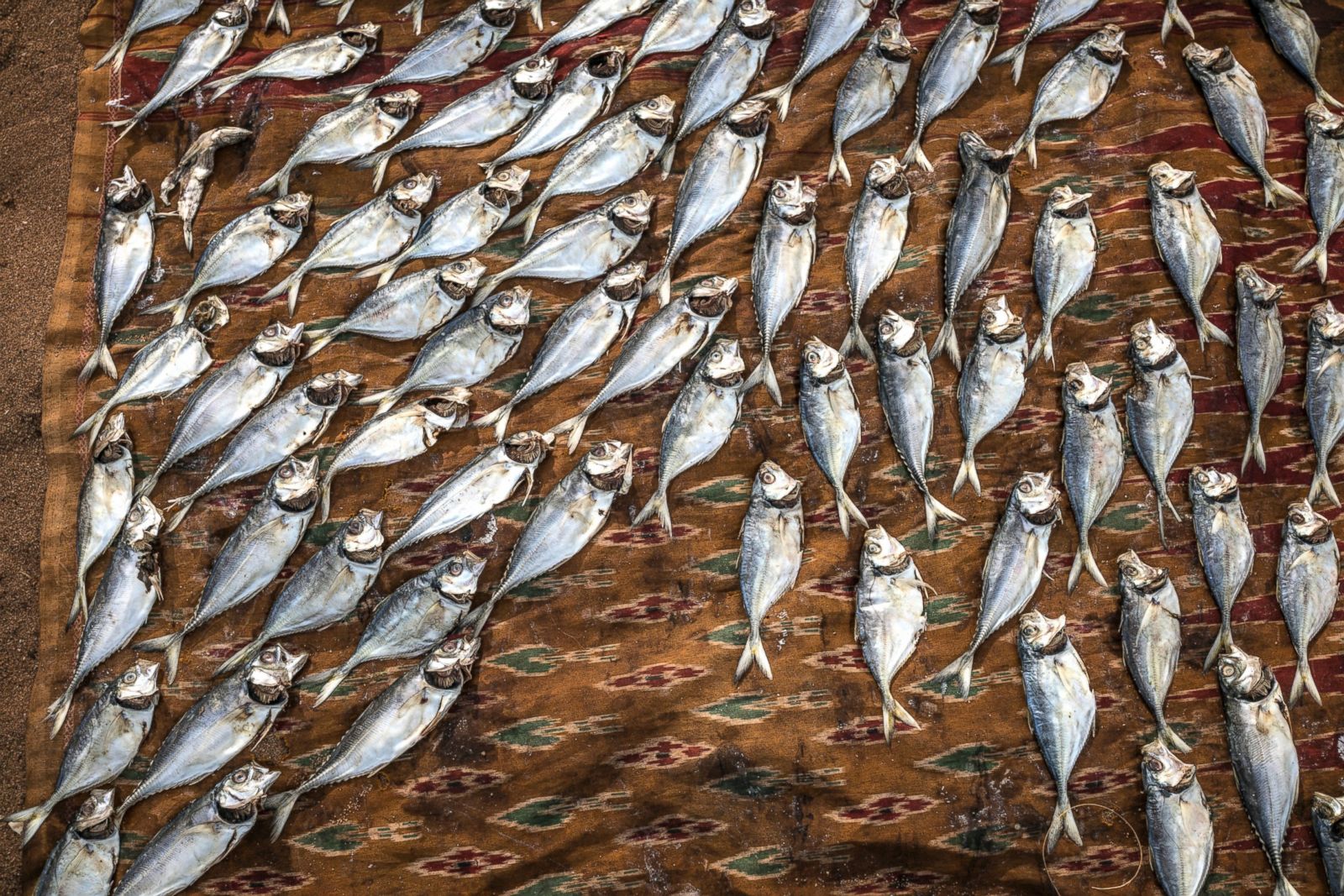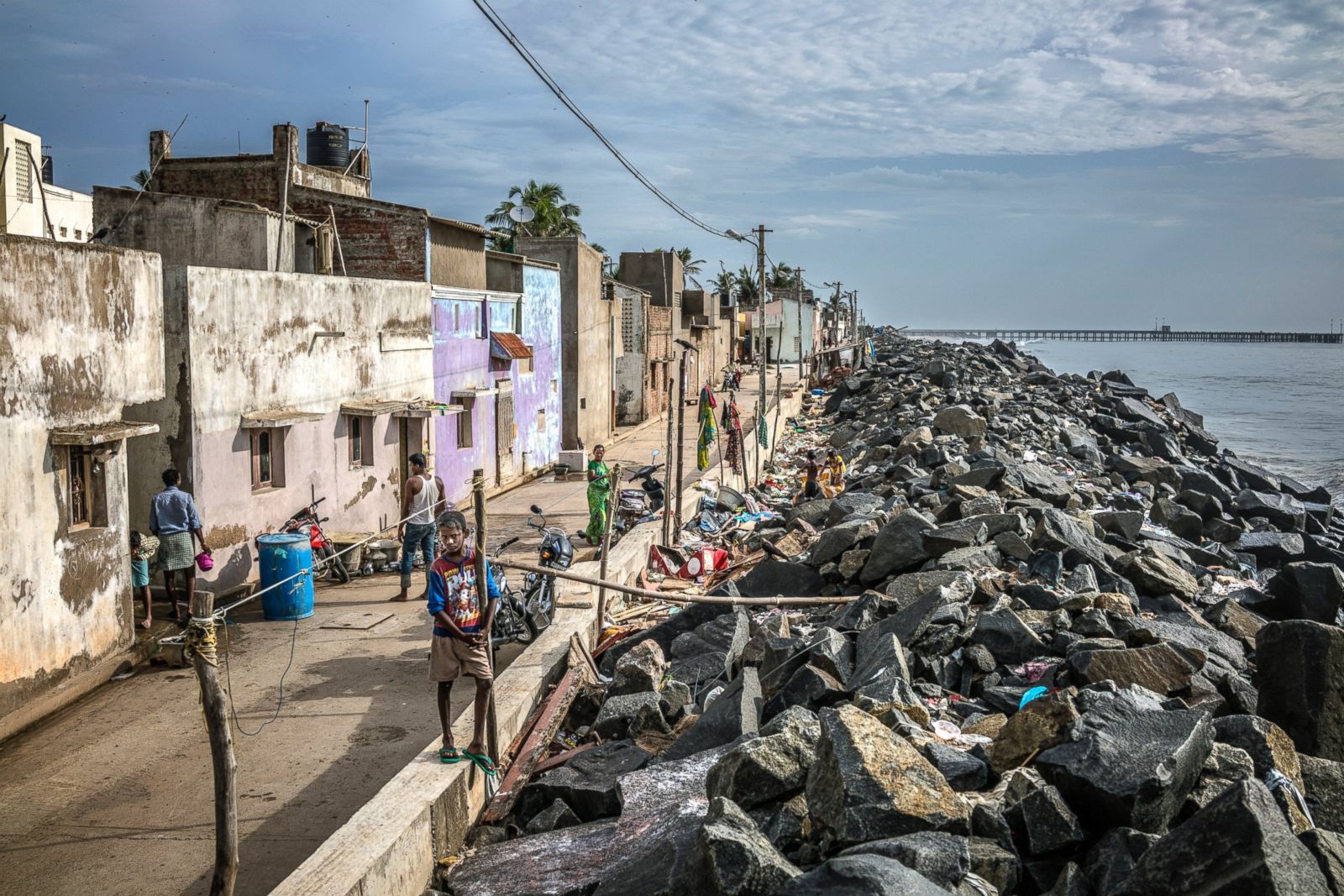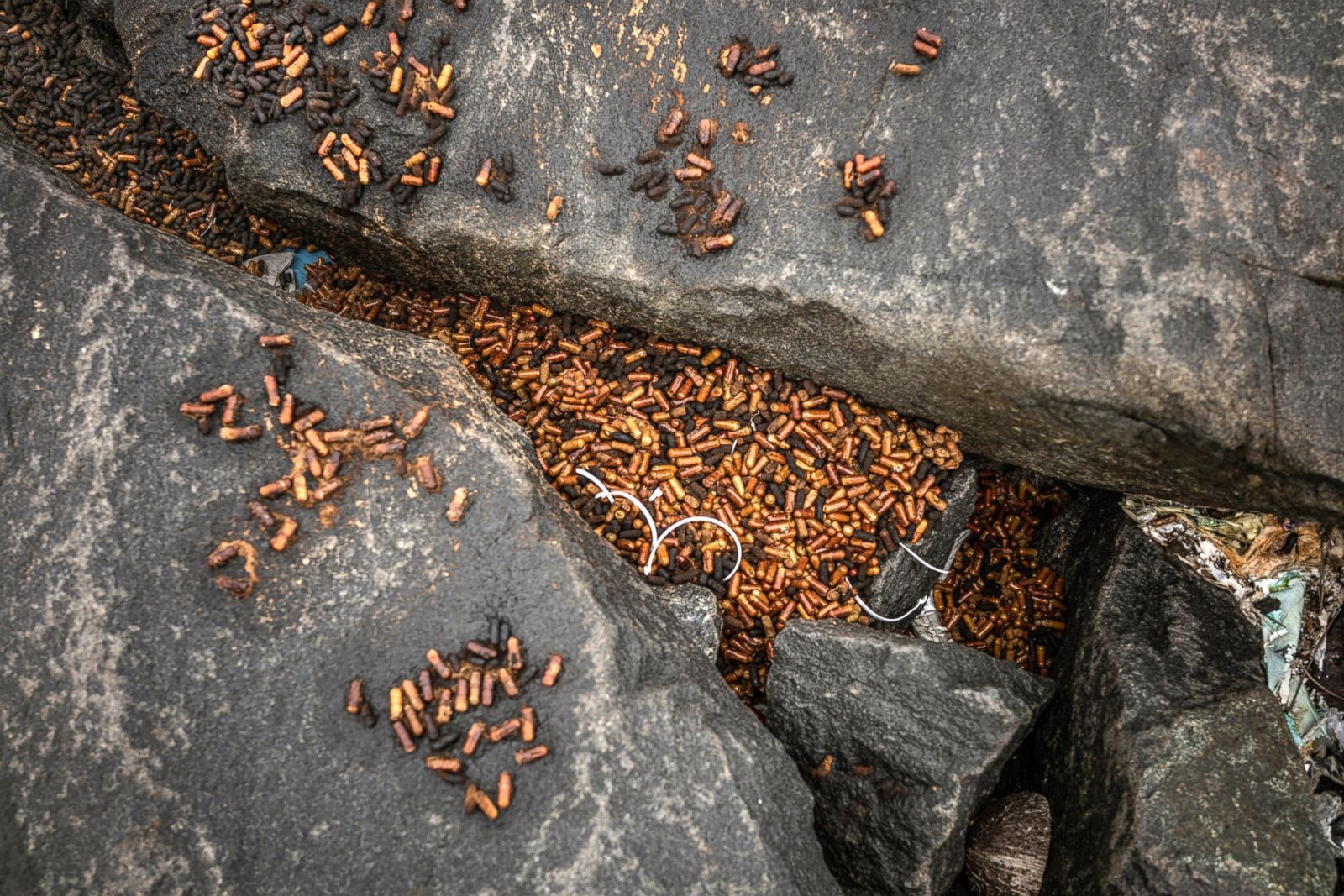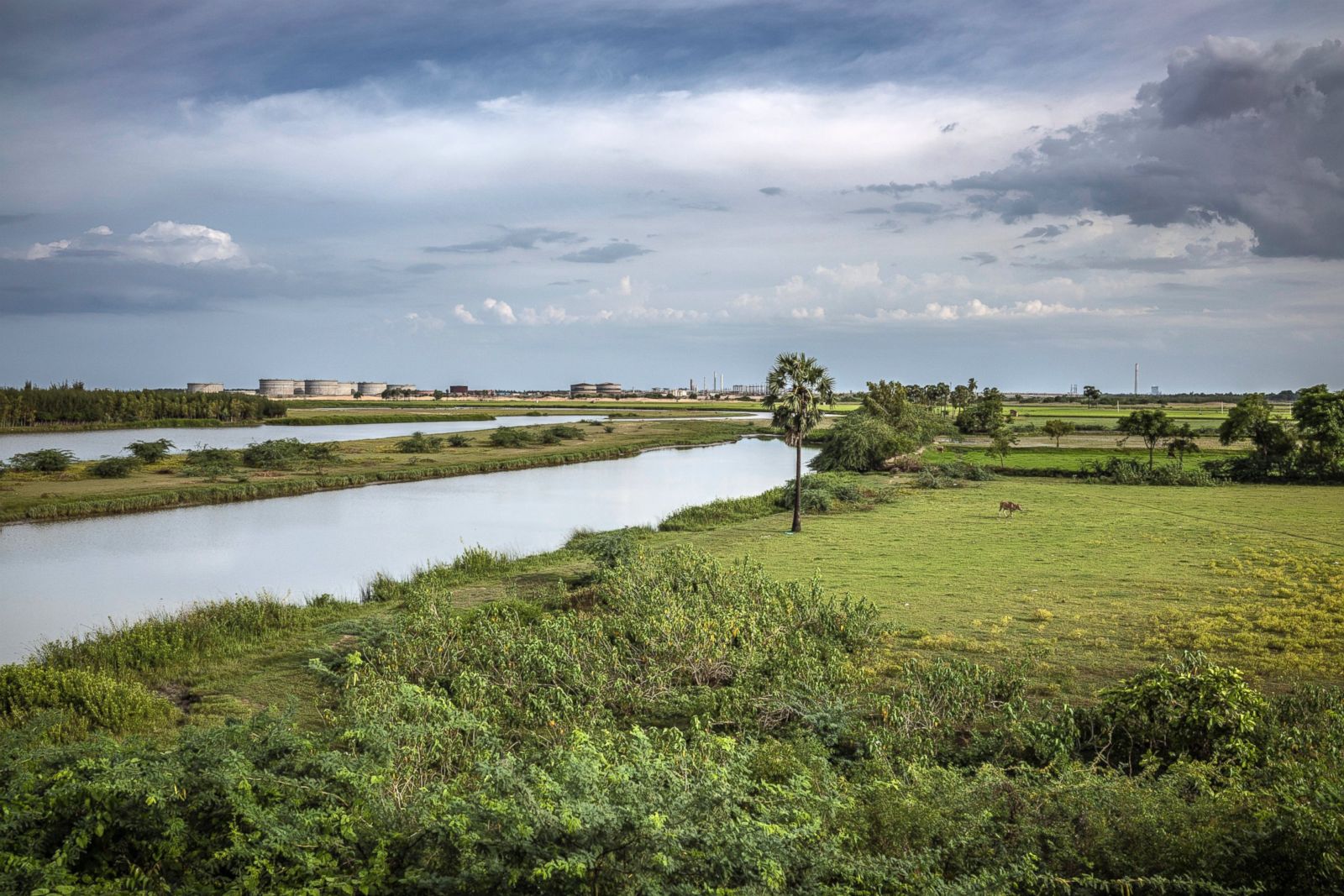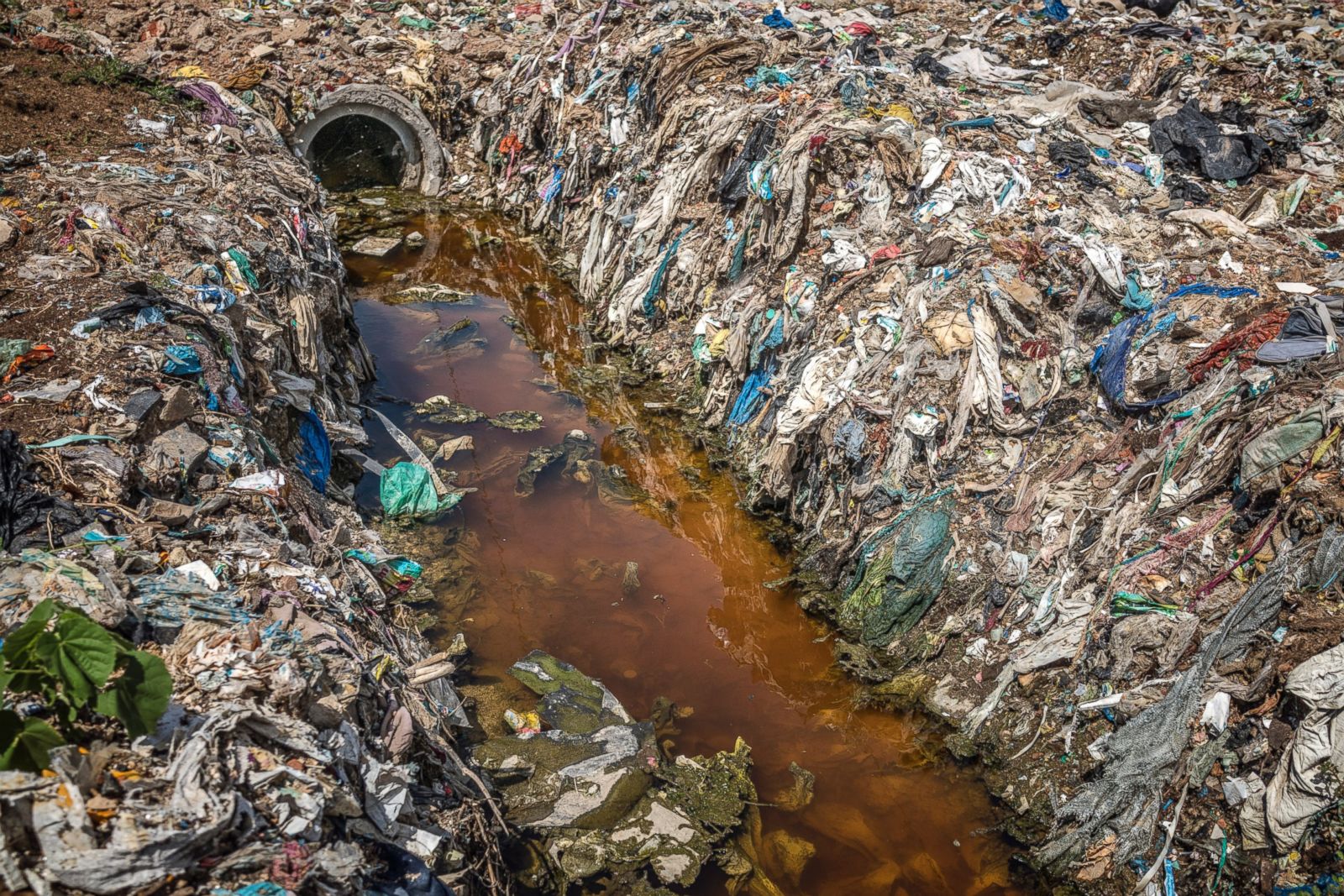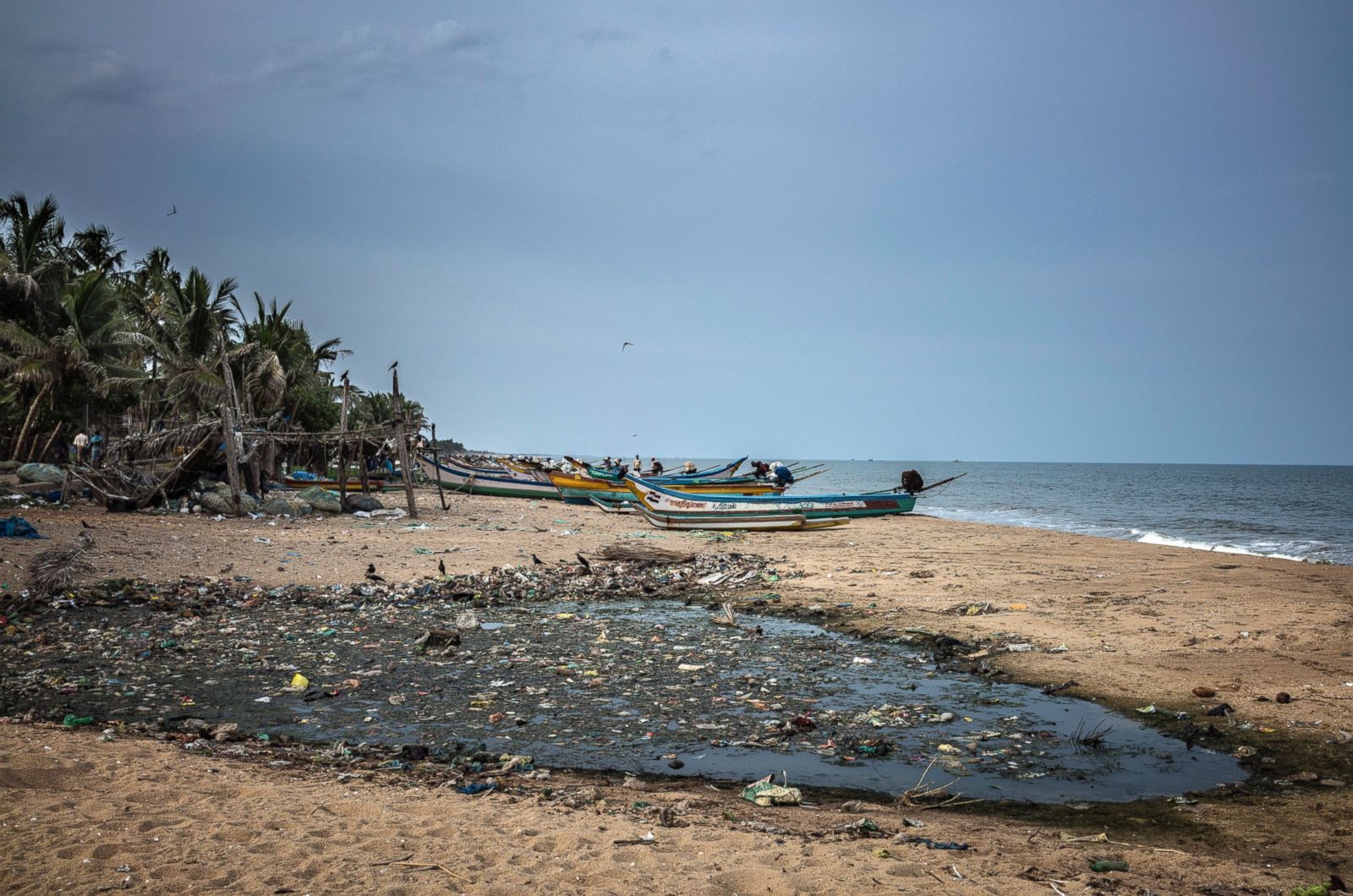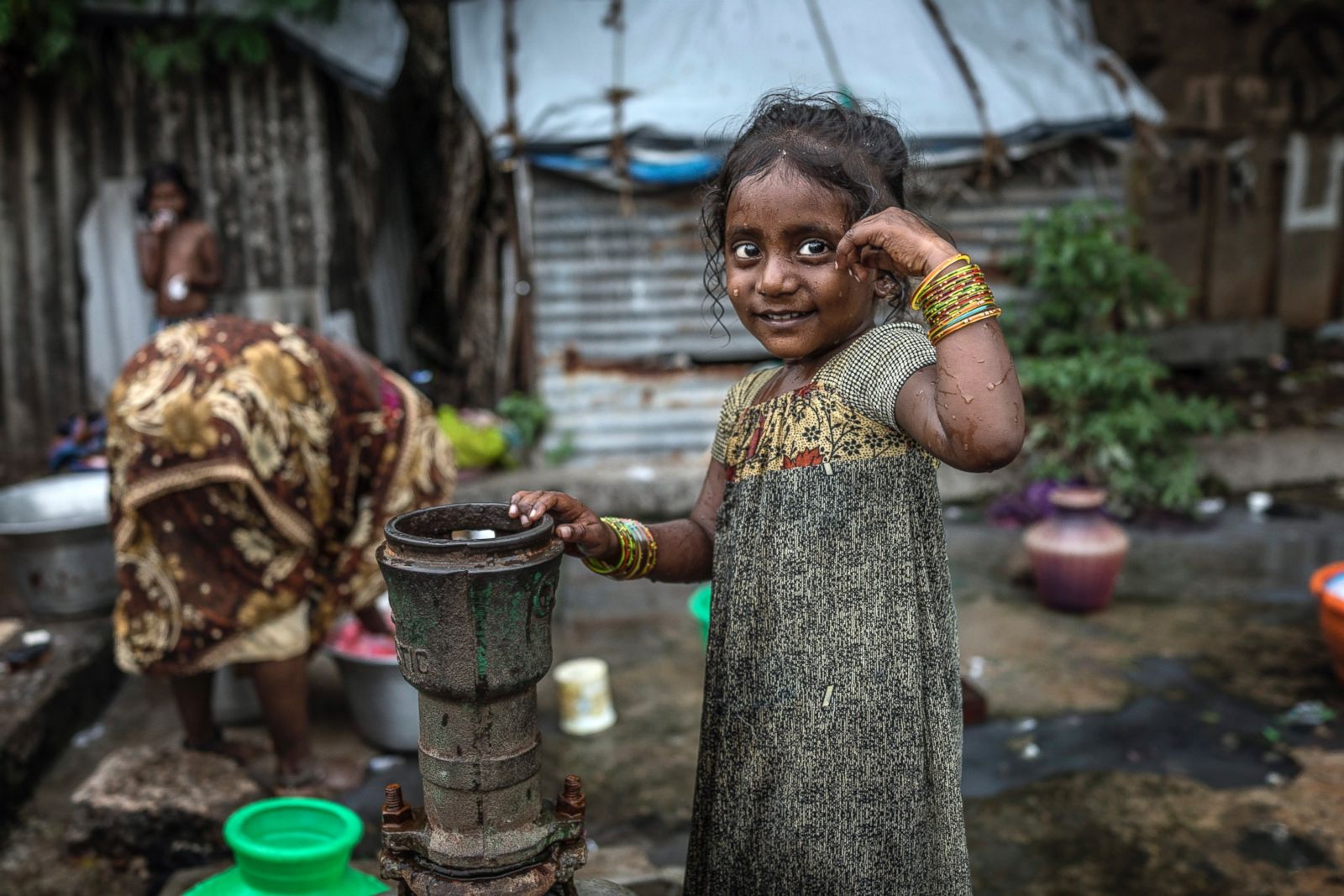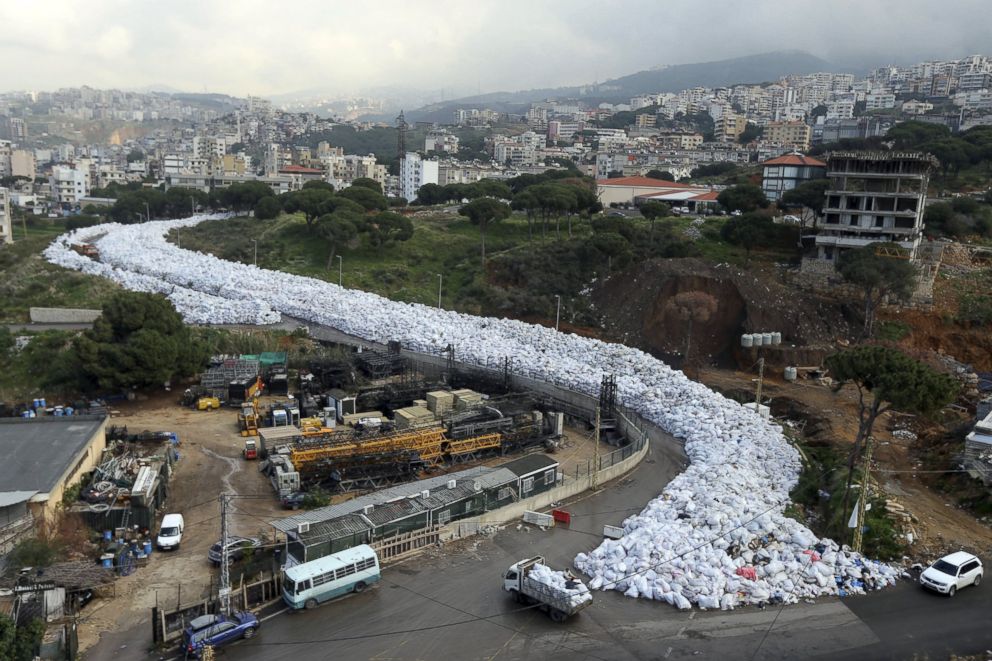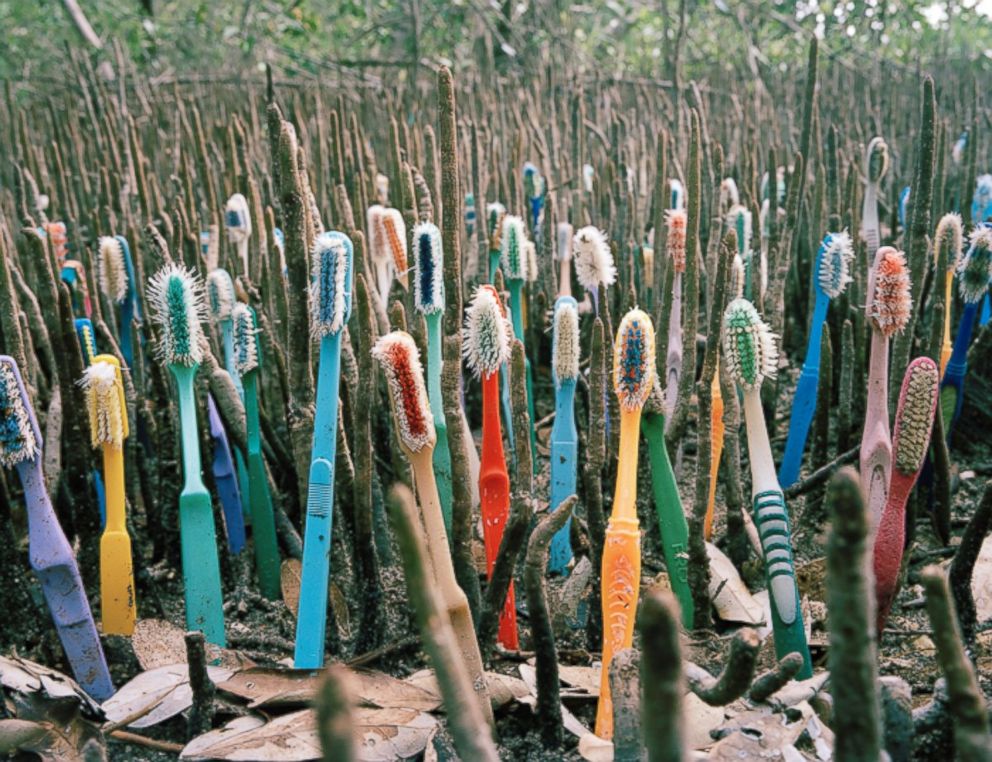One nation's pollution 'nightmare'
1 of 12
Despite widespread efforts to protect the environment, many areas around the world continue to be significantly impacted by pollution. One photographer who asked to be identified under a pseudonym for risk of losing access to the region has worked to document the consequences of man-made pollution in one area of India where a previously idyllic landscape has been transformed by plastic waste and trash.
Here, parts of the Chunnambar River hint at what the Bay of Bengal coastline looked like before human exploitation put stress on the coastal ecosystems in Pondicherry, India.
Here, parts of the Chunnambar River hint at what the Bay of Bengal coastline looked like before human exploitation put stress on the coastal ecosystems in Pondicherry, India.
